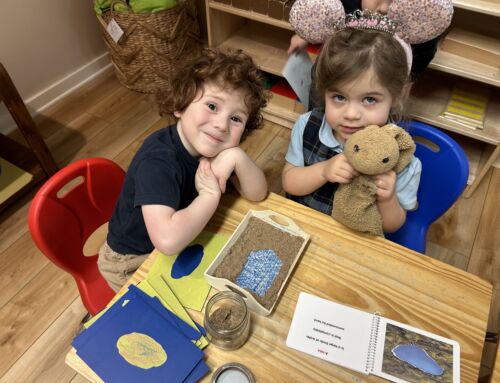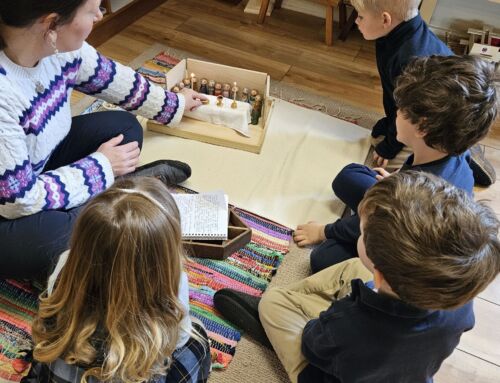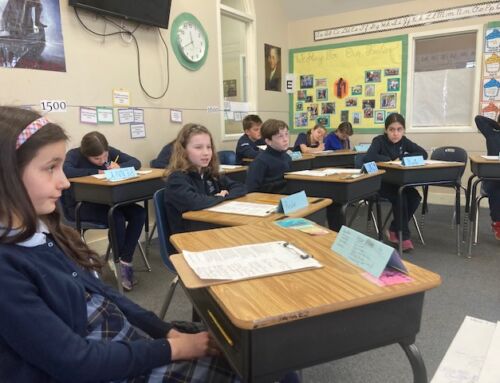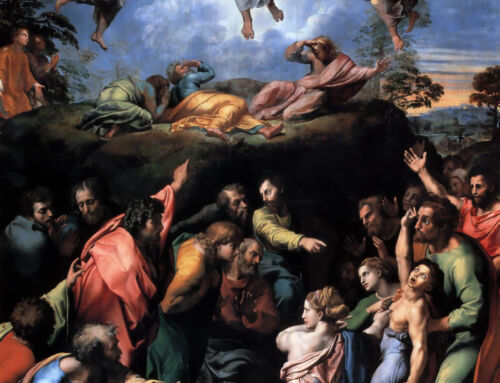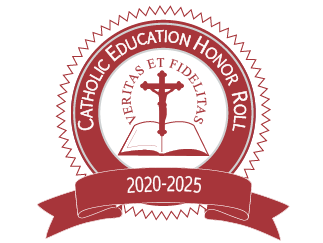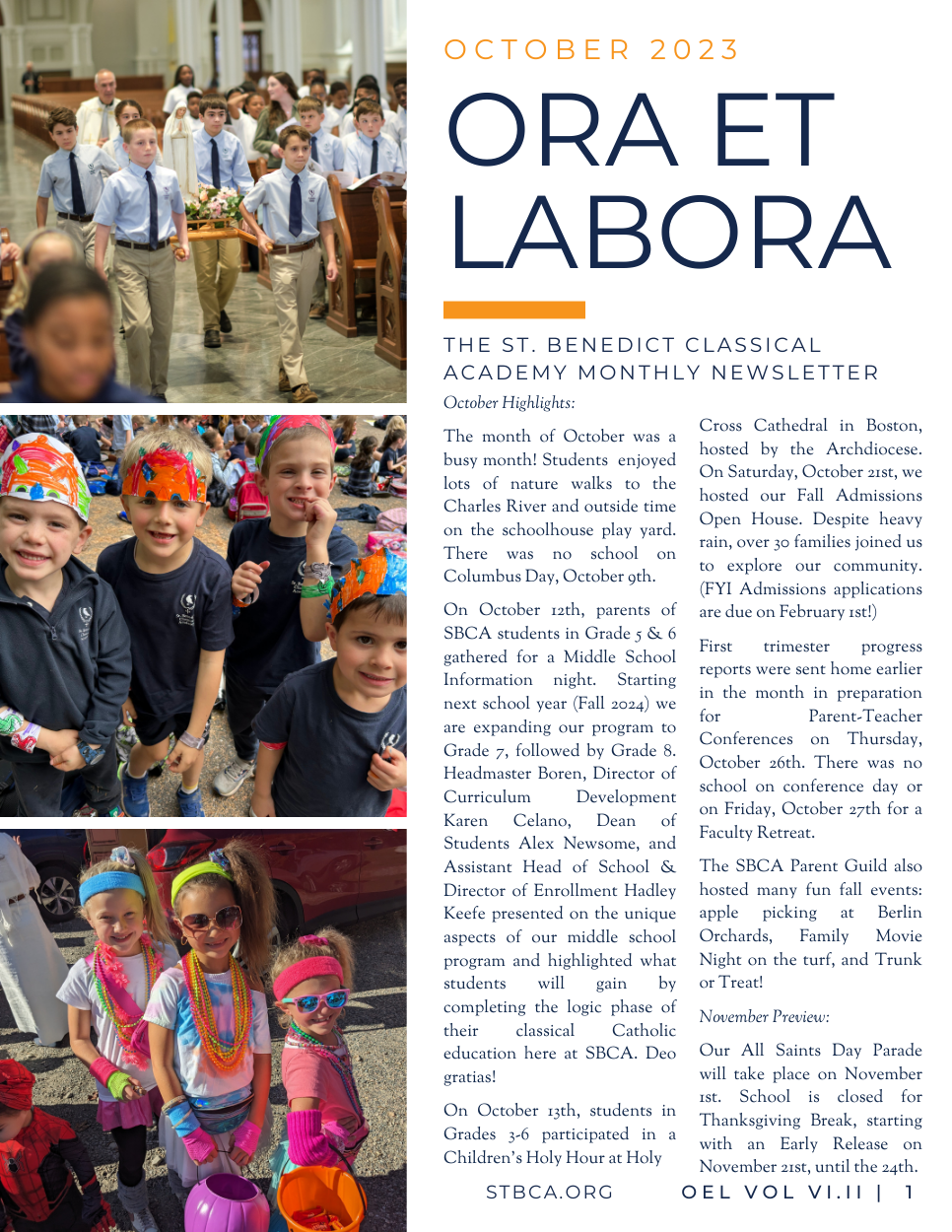Last year, a grandfather of an SBCA student stood outside with me on a beautiful spring day. It was Grandparents Day and the campus was abuzz with the happy sounds of chatter and laughter as beloved grandmothers and grandfathers enjoyed refreshments following a presentation prepared and performed by our students. This particular grandfather’s face lit up with a smile as he enjoyed a cup of lemonade and reflected on how much he had enjoyed seeing his grand sons and daughters recite poetry, perform historical speeches and show off their knowledge of US history in particular. He gushed about how much it meant to him that our students had the time, space, and expert guidance needed to study history, not just broadly on the surface level, but in-depth. He cited our students’ study of the founding of the United States and the history of the US government, their solid footing in civics, study of geography and that they even dig into some concepts of philosophy to contextualize their study as proof of the quality of SBCA’s approach to this important discipline. He shared how in his life he has seen just how important it is to have a firm grasp of the history of our own country and civilization as well as that of others around the world.
He went on to say he found it amusing when he encountered people who questioned whether the focus on studying history that classical schools such as ours have, is failing to form those students to have enough knowledge of people different from themselves. As we continued to marvel at the fruits of classical education, my new comrade shared a story of his recent visit with his grandchildren to the historic site of Plimoth Patuxet Museums, a living history museum located in Plymouth, MA. He noted he was particularly proud to observe his grandchildren alongside many other children visiting that day and noted that his classically educated grandchildren’s knowledge of the Wampanoag people and the Patuxet band specifically, who lived in New England when the first British settlers arrived, was extensive and appeared to be far beyond that of the other children engaging with the museum docents around them. And in a few exchanges, his grandchildren’s knowledge seemed to be as deep as that of the docents themselves! He thought of his doubting acquaintances then, who challenged studying history as not supportive of gaining awareness of others. Here he stood, observing children who were being educated in the classical model, who delved deeply into academics, gained mastery of foundational concepts, and learned about the contexts that affected the people, places, and events being presented at the historic site they visited. He punctuated his pride in his own grandchildren’s sense of these people and events from history by adding that he observed that along with historical facts, they are immersed in the Truth that each and every person has inherent dignity. This means that as they study the people indigenous to the United States before and during the founding of our nation, they assume the dignity of those people, and in a natural way, deeply respect them and their contributions to our nation’s story and identity.
This week, as we celebrate the boldness, courage, and prowess of Christopher Columbus and his historic journey from Spain to the Americas – we simultaneously remember and honor all those people and nations who came before our own and have contributed to the shaping of our great country today. Above all else, we thank God for our history, and all of its complexity.
AUTHOR: Hadley Keefe, Director of Enrollment

